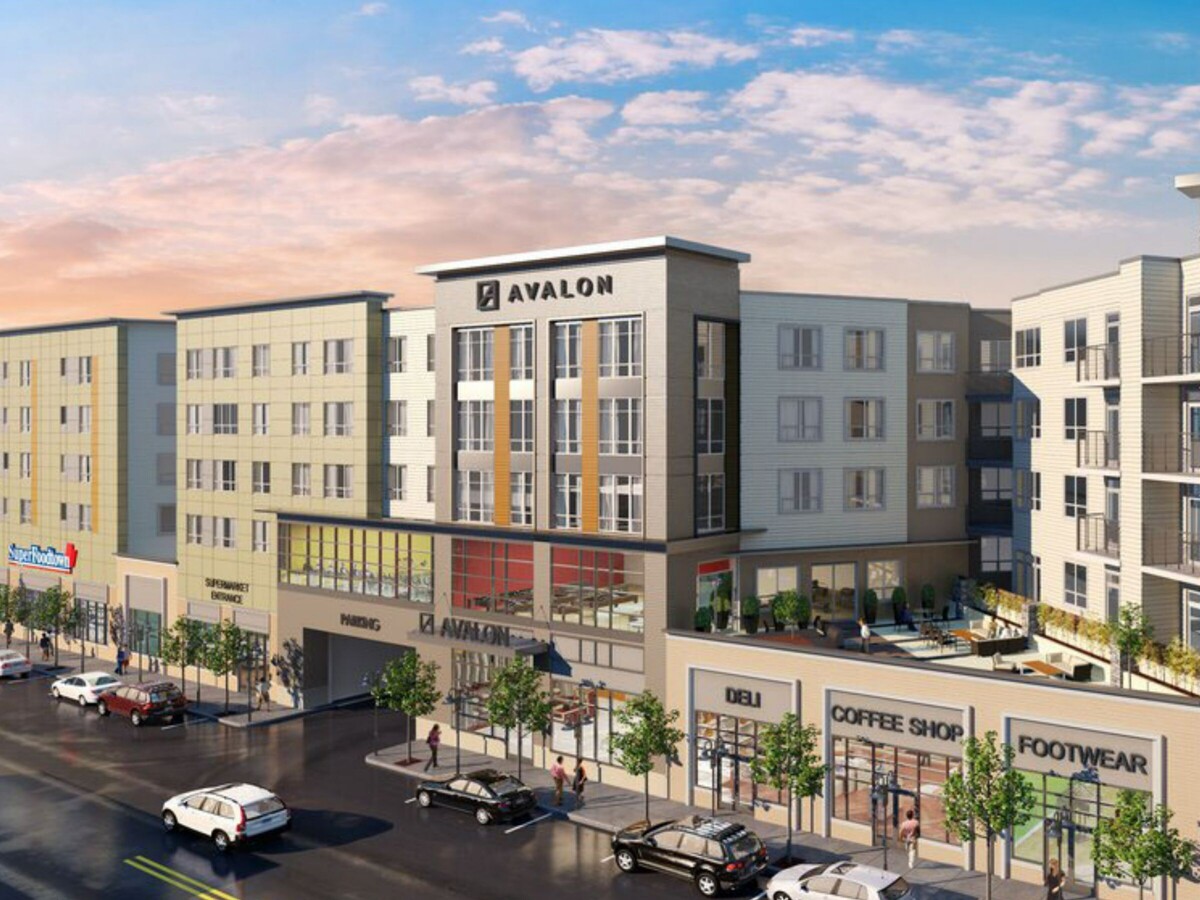Image


Amidst growing concerns and confusion, Montville Township has provided comprehensive information regarding Payment In Lieu of Taxes (PILOT) agreements with two prominent residential housing developments, Avalon Bay and Mill Creek. The Township seeks to dispel misunderstandings and demonstrate how the agreements align with community interests.
Below is a breakdown of what residents need to know about Montville's PILOT agreements.
1. Introduction to PILOT Agreements: How and When?
In an effort to alleviate concerns about the PILOT agreements for the Avalon Bay and Mill Creek housing developments, Montville Township has provided a thorough overview. The negotiations, which began in 2015 and concluded in 2018, were part of a statewide lawsuit involving affordable housing.
2. Understanding PILOT Agreements
A PILOT agreement is an alternative to conventional property taxes. The property owner makes a payment in lieu of taxes, which is dictated by a financial agreement for a finite timeframe. For Avalon Bay and Mill Creek, these agreements are set for 30 years.
3. The Scope of PILOT Agreements in Montville Township
Currently, only two properties have PILOT agreements in place within Montville Township: Avalon Bay (formerly GI Salvage yard) and Mill Creek (formerly Bayer property).
4. Why PILOT Agreements Were Negotiated
Montville Township negotiated these agreements to avoid high-density affordable housing projects. Initial proposals would have doubled the number of units, resulting in hundreds more. PILOTs have helped the Township maintain control over the developments.
5. Township’s Financial Gains from the Developers
While no units are occupied during the construction phase, the Township receives ‘interim tax payments,’ currently totaling $180,500. Once occupied, the Township will receive full PILOT payments known as ‘annual service charges,’ which are subject to routine audits.
6. Revenue Projections and Minimum Payments
While exact revenue cannot be predicted, Montville Township expects annual service charges of more than $1.2 million for Avalon Bay and about $1 million for Mill Creek. Minimum annual payments are also negotiated at $650,000 for Avalon Bay and $375,000 for Mill Creek.
7. Additional Benefits to Montville Township
The developers have also agreed to handle snow removal and garbage collection, leading to annual savings of over $100,000 for the Township.
8. Potential Increase in PILOT Payments
Should gross revenue increase due to rising rents, Montville Township's PILOT payment will correspondingly increase, providing additional financial benefits.
9. Prevalence of PILOT Agreements in New Jersey
PILOTs have become widespread throughout the State for similar reasons. Morris County alone has PILOT agreements in Boonton, Chatham Borough, Chester Township & Borough, Denville, Hanover Township, Harding Township, Long Hill Township, Madison, Netcong, and Parsippany.
What it means:
The comprehensive clarification of the PILOT agreements by Montville Township illustrates a well-calibrated approach to managing residential development, balancing community interests, financial considerations, and strategic planning. The negotiation of these agreements with Avalon Bay and Mill Creek represents a considered effort to control housing density while securing financial gains and additional benefits for the Township.
By opting for PILOT agreements, Montville has not only maintained control over the developments but also paved the way for revenue streams and essential service savings that align with broader regional trends in New Jersey. As concerns were addressed, and details brought to light, the transparency of the Township's actions serves to fortify community trust in an era where such agreements are becoming increasingly prevalent.